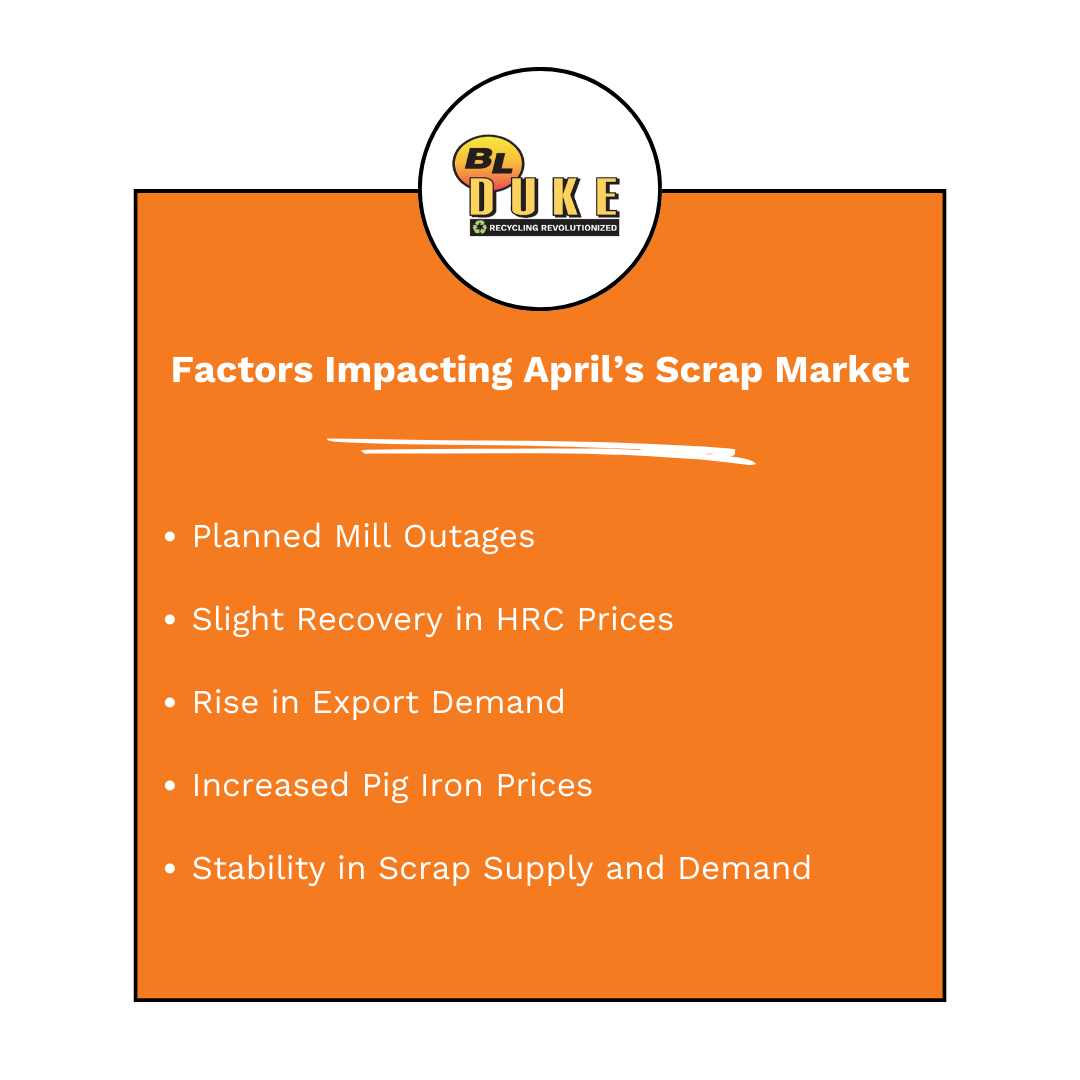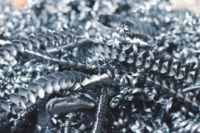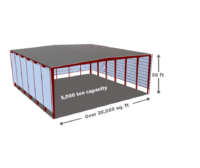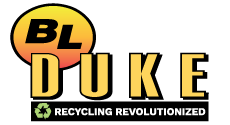
The ferrous scrap metal market in April is a reflection of March’s market, with prices remaining unchanged across the Midwest. Ferrous trade also wrapped up at an unprecedented pace, indicating that the scrap market may have reached its lowest point in most regions.
Chicago’s Ferrous Scrap Metal Market
In Chicago, the scrap metal trade concluded at the end of business on April 4th, with the market showing no changes from March. The stability in the market signifies supply and demand are well-aligned. Factors such as scheduled mill outages, the recovery in hot rolled coil (HRC) prices, increased export demand, and increased pig iron prices also contributed to the side-ways market.

“I haven’t seen demand like this in over five months,” states Lou Plucinski, President. “This is a good sign we’ve reached the bottom of the market.”
As we entered April, it was anticipated that scheduled maintenance outages would reduce consumption, resulting in supply exceeding demand in certain areas. It is estimated that 180,000 short tons (st) of flat steel production will be temporarily halted in April for scheduled maintenance. Despite the shutdowns, demand is strong with some mills looking to secure multi-month deals.
 Over the past few months, there has been a rise in steel mills’ demand for machine shop turnings. Generally, steel turnings are less favored by mills because of their lower ferrous content, reduced bulk density, and higher moisture levels. Yet, the last two months have seen a substantial shift in the steel turnings market, with the emergence of premiums that were absent a year earlier.
Over the past few months, there has been a rise in steel mills’ demand for machine shop turnings. Generally, steel turnings are less favored by mills because of their lower ferrous content, reduced bulk density, and higher moisture levels. Yet, the last two months have seen a substantial shift in the steel turnings market, with the emergence of premiums that were absent a year earlier.
 Breaking News: BL Duke is breaking ground on an innovative steel turnings’ containment building, a first-of-its-kind project in the Midwest and a significant step forward in safeguarding the cradle-to-grave responsibility of our recycling partners. The state-of-the-art structure will completely enclose steel turnings and cast iron borings at BL Duke’s 60-acre site in Joliet, IL. It is designed to shield the metal turnings from rainwater and prevent environmental runoff, marking a major advancement in upholding our customers’ cradle- to-grave obligations.
Breaking News: BL Duke is breaking ground on an innovative steel turnings’ containment building, a first-of-its-kind project in the Midwest and a significant step forward in safeguarding the cradle-to-grave responsibility of our recycling partners. The state-of-the-art structure will completely enclose steel turnings and cast iron borings at BL Duke’s 60-acre site in Joliet, IL. It is designed to shield the metal turnings from rainwater and prevent environmental runoff, marking a major advancement in upholding our customers’ cradle- to-grave obligations.


